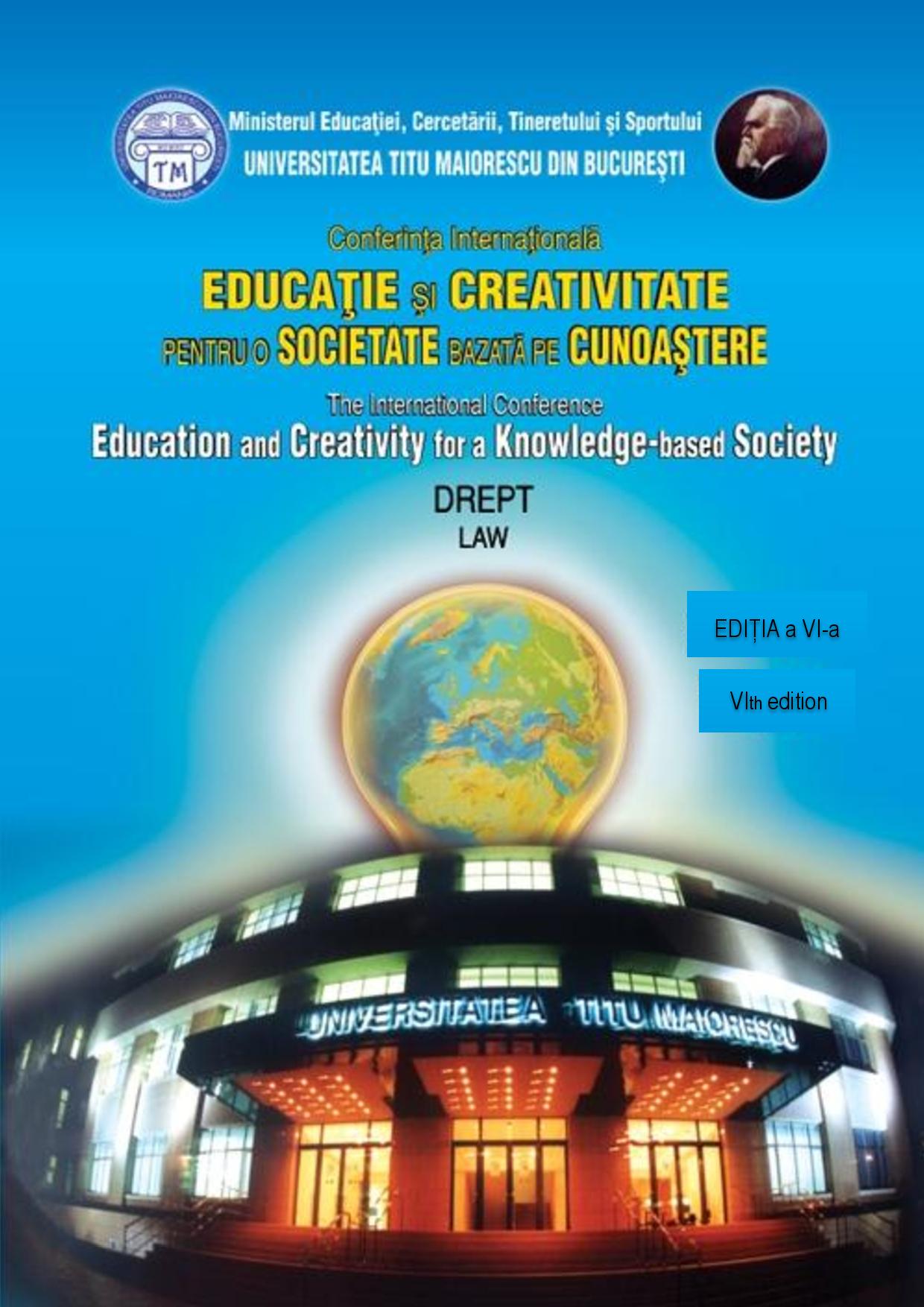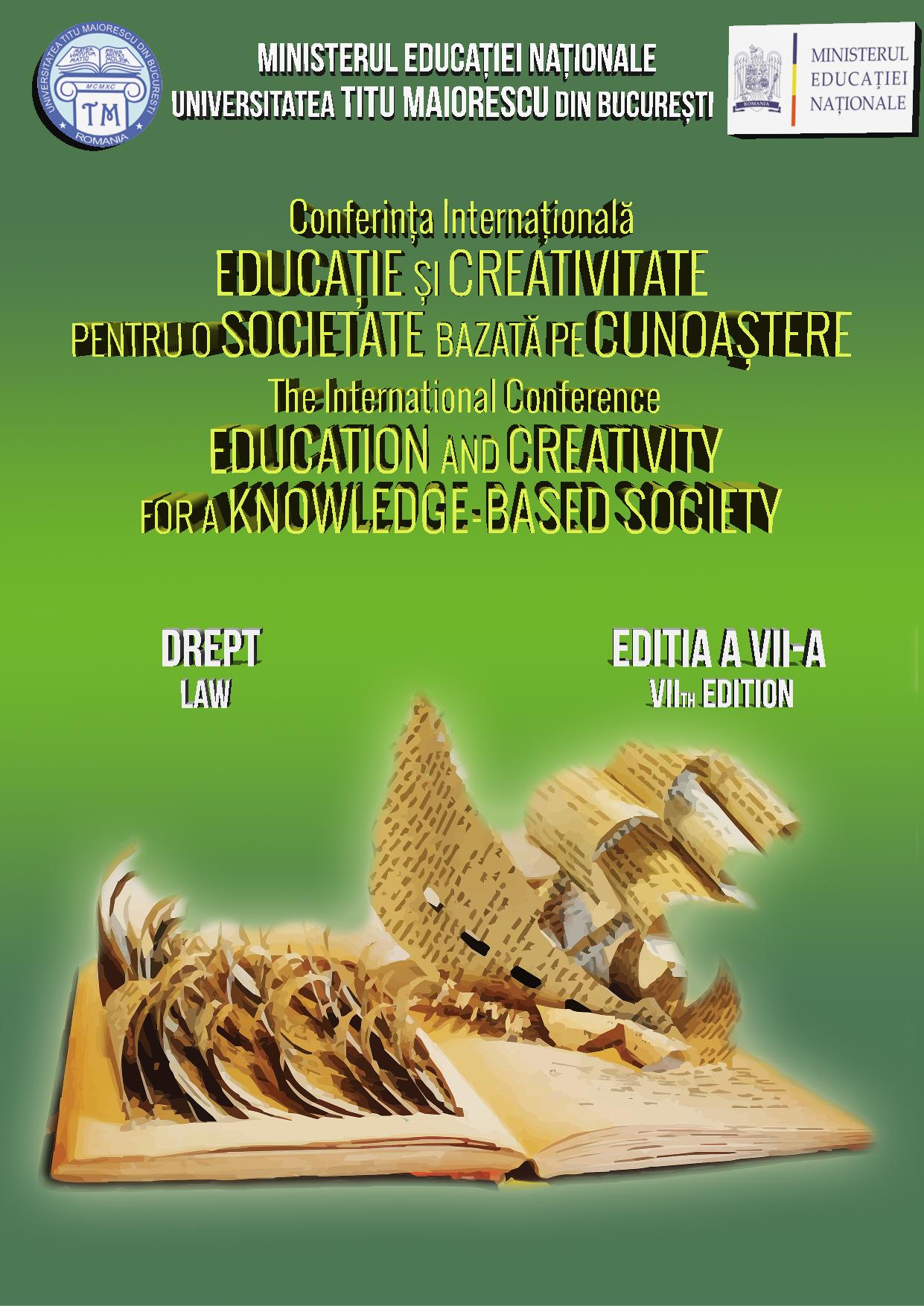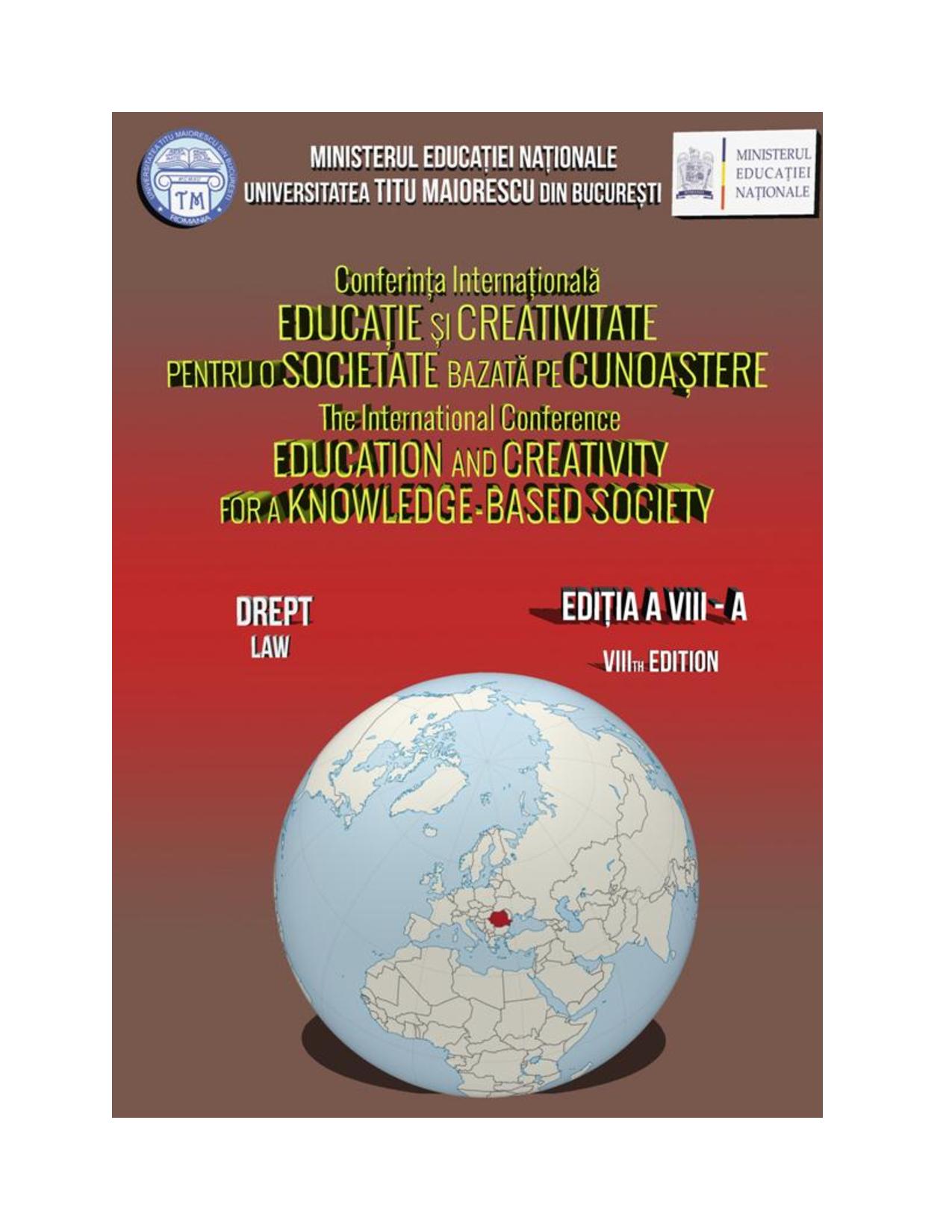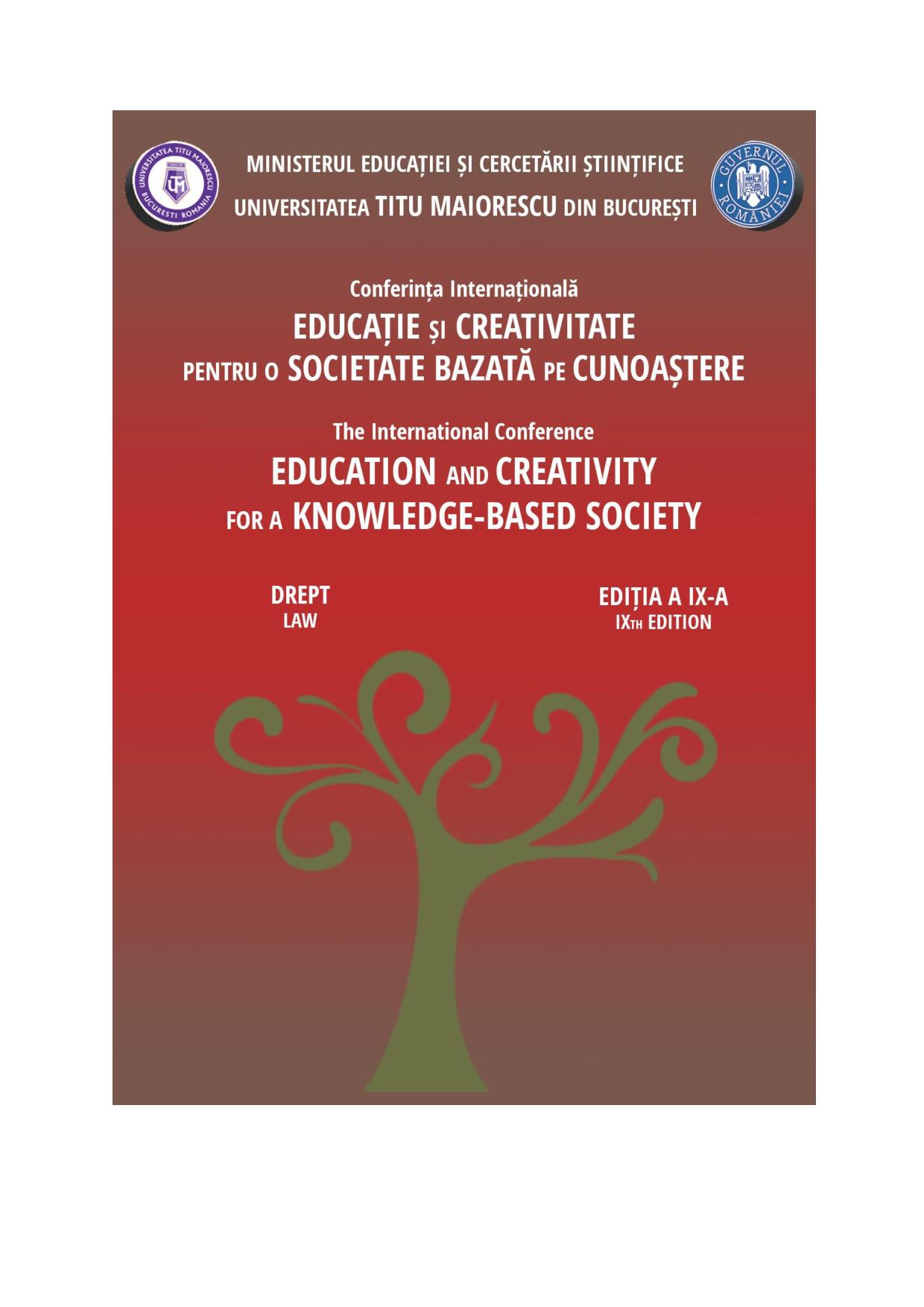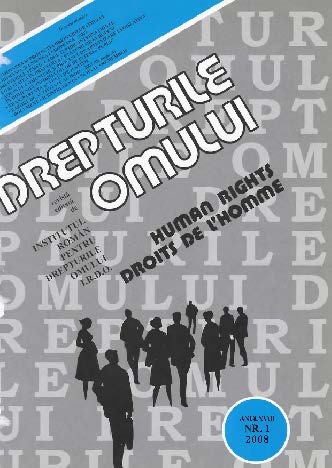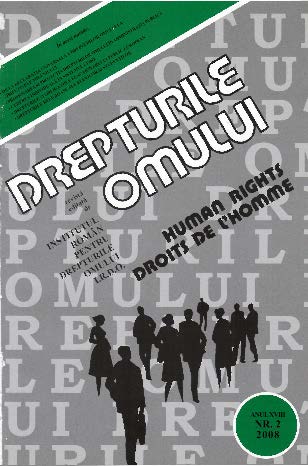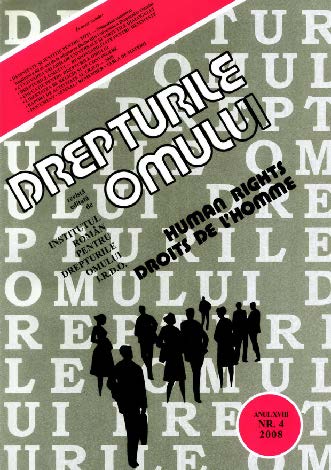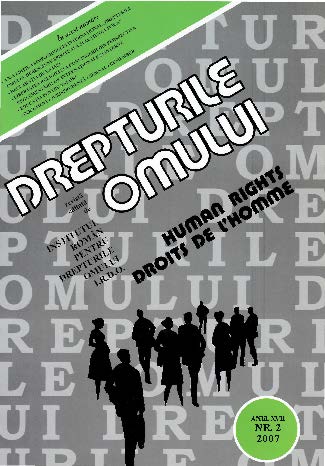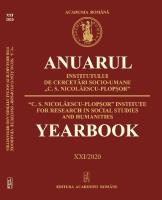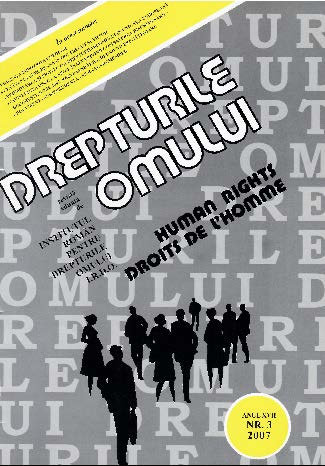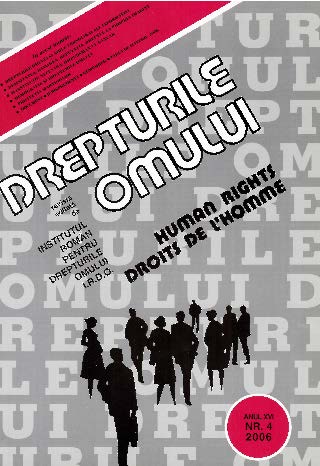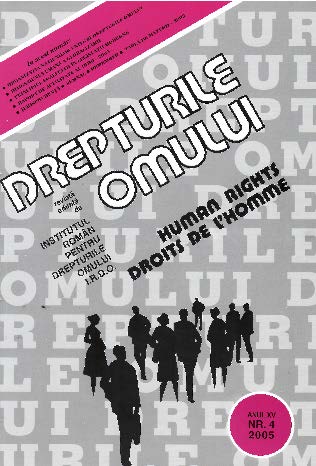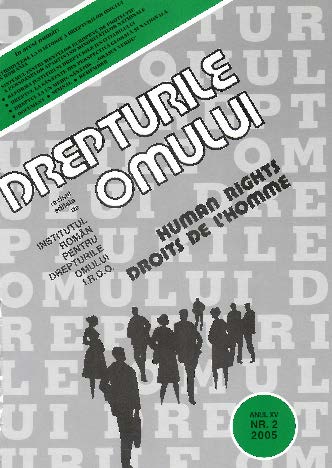Author(s): Valerică Dabu,Borza Remus Adrian / Language(s): Romanian
Issue: 4/2006
Dignity, honour, reputation and the right to one's own image are attributes of the human being that belong with the latter's nature, while observance thereof is a condition indispensable for a fair social common life. Therefore, objectively speaking, one may understand those features expressing the extent of moral integrity, probity, honesty, fulfillment of one's duties at any price, in dignity, acknowledged by the society as a result of reflection in the collective consciousness; honour in a subjective sense may be analyzed as a state deriving from the image each individual has about himself. In its turn, reputation is a result and, at the same time, a constitutive element of the public image, understood as the esteem, the respect, the appreciation, the disapproval, the credibility attached to a person as a result of the reflection of the latter's characteristic features in the collective consciousness. As far as image is concerned, it is a representation, a more or less accurate reflection of reality, be it mental or material. The right to one's own image is a fundamental right but also one complementary to the right to one's intimacy, to one's family and private life. Consecration and protection of these values also assume sanctioning encroachment thereof through insult, calumny, particularly in such a context where manipulation in communication has reached worrying levels. The authors deems that insult and calumny should be incriminated (under the criminal law) as they can seriously prejudice social relations, public life, human rights, and democracy
More...
